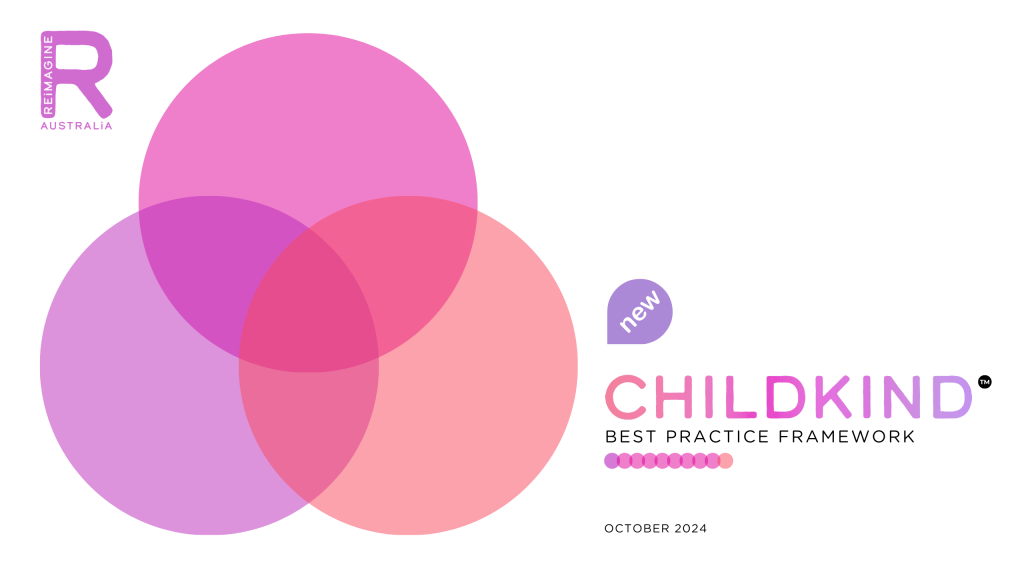KEY COMPETENCY 3.2 – PROMOTE INCLUSION
“I will honour diverse cultural backgrounds, religions and identities of children and families ensuring to use my skills and abilities to understand and support them in a culturally sensitive manner.”
Honour CALD, First Nations & LGBTQIA+ Perspectives is the second competency under the ‘Promote Inclusion’ Way of Working, and relates to the ‘design and delivery of services and supports‘ phase of the child’s early developmental support journey. It is important for:
Cultural Sensitivity: Recognising and respecting diverse backgrounds ensures that practitioners provide support that is culturally appropriate and relevant to the unique experiences of each child and family.
Promoting Inclusivity: By honouring the perspectives of culturally and linguistically diverse (CALD), First Nations, and LGBTQIA+ communities, practitioners foster an inclusive environment where all children and families feel valued and supported.
Enhancing Engagement: Culturally responsive practices improve family engagement, encouraging open communication and collaboration.
Addressing Barriers: This competency helps identify and challenge systemic inequities, ensuring equitable access to resources for all children.
Honouring cultural, linguistic, and gender diversity is crucial in creating inclusive environments for children and families. By fostering cultural curiosity and respect, practitioners ensure that every family feels valued and understood. A culturally inclusive approach promotes a sense of belonging and encourages children and families to actively engage in the learning process.
Research shows that inclusive practices that recognise cultural and gender diversity improve children’s social-emotional development and academic engagement. First Nations and LGBTQIA+ perspectives offer unique insights that enrich educational environments, fostering inclusion and reducing prejudice.
Research and Further Reading:
Gollan, S., & Lester, M. (2019). Culturally responsive pedagogy in early childhood education. Australian Educational Researcher, 46(3), 355-372.
Pascoe, B., & AIATSIS. (2009). The Little Red Yellow Black Book: An Introduction to Indigenous Australia (4th ed.). Aboriginal Studies Press.
COMPETENCY MILESTONES
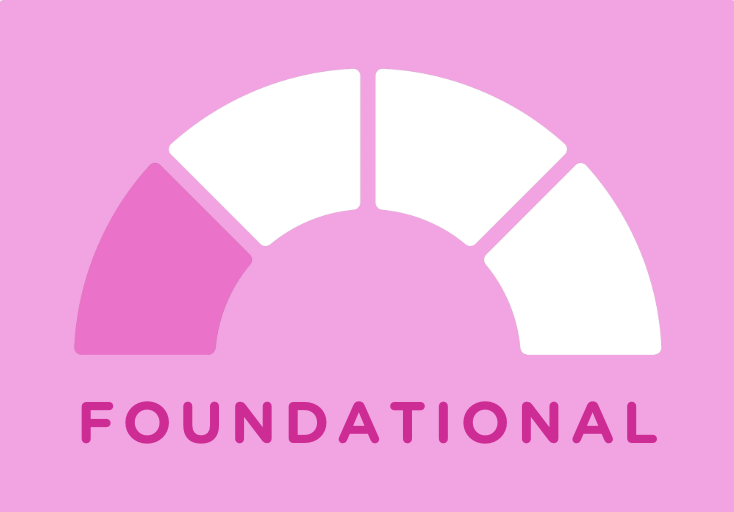
I am able to:
Acknowledge diverse cultural experiences, histories, and traumas within CALD and First Nations communities.
Incorporate cultural perspectives into support practices to enhance engagement and outcomes for individuals and families.
Demonstrate awareness of cultural sensitivities and adapt communication and interventions accordingly.
Acknowledge the existence of intergenerational trauma and its impacts on families, showing sensitivity and awareness in interactions and support.
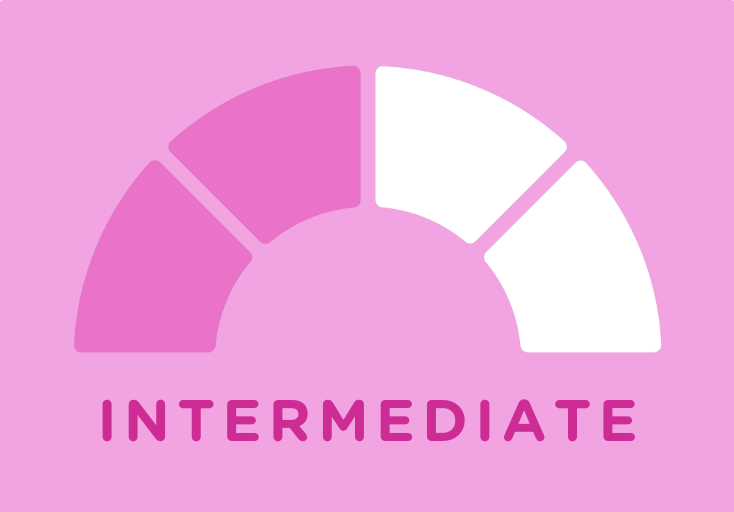
I am able to:
Develop culturally responsive strategies to engage CALD and First Nations communities in support services.
Collaborate with cultural advisors and community leaders to ensure culturally safe and respectful practices.
Integrate cultural understanding into service delivery to meet the diverse needs of individuals and families.
Address the effects of intergenerational trauma in support strategies, acknowledging its ongoing impact and incorporating trauma-informed approaches to care.
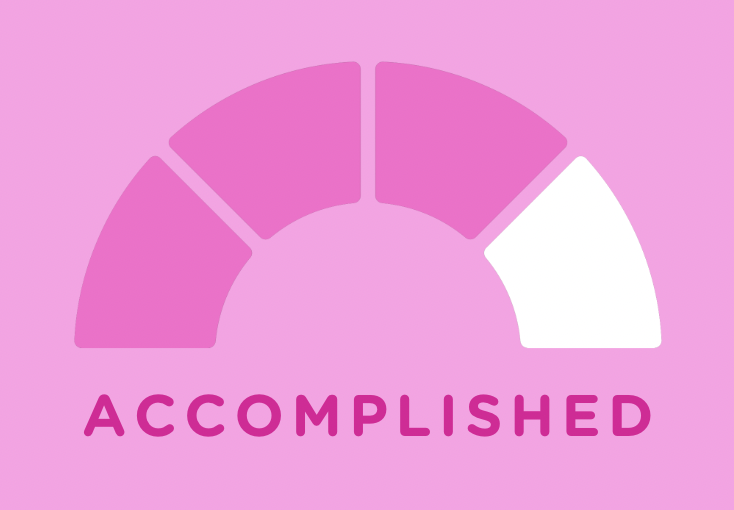
I am able to:
Lead initiatives to embed cultural understanding and responsiveness across organisational practices.
Advocate for policies and practices that promote cultural safety and equity within the organisation.
Facilitate cross-cultural dialogues and partnerships to enhance service accessibility and effectiveness.
Address intergenerational trauma in a systematic way, ensuring that its impacts are understood and considered in all aspects of support and intervention.
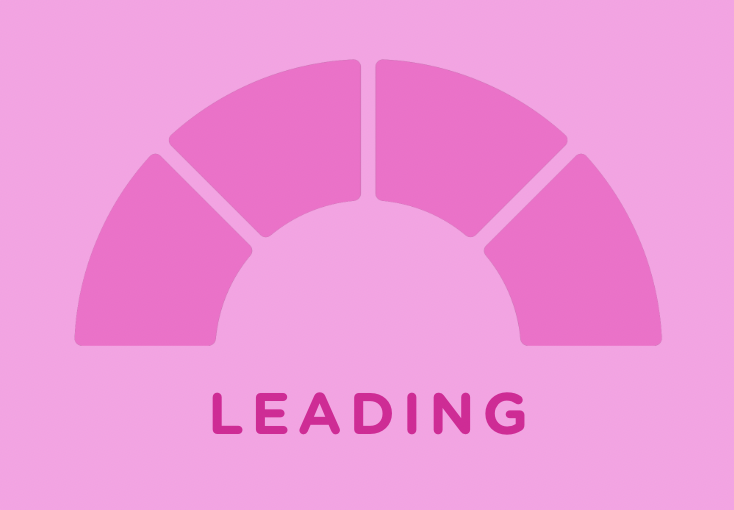
I am able to:
Seek to improve culturally inclusive frameworks and practices, advancing equity and social justice outcomes.
Influence systemic changes and policies to address cultural barriers and promote cultural humility.
Collaborate with children, families and carers to co-design and implement initiatives that promote cultural respect and empowerment.
Mentor and guide others in understanding and addressing the impacts of intergenerational trauma, ensuring that best practices are shared and implemented across teams.
Lead and influence broader industry practices, mentoring others in the importance of neuro-affirming approaches and effective co-design with neurodiverse communities.
Reflection questions are a valuable tool for practitioners, promoting self-awareness, critical thinking, continuous improvement, and stronger relationships in their work with children and families. Below are some reflection questions for Key Competency 3.2: Honour CALD, First Nations & LGBTQIA+ Perspectives:
How am I acknowledging and incorporating the cultural identities of the children and families I work with?
Am I using inclusive language and materials?
How can I better support the diverse needs of CALD, First Nations, and LGBTQIA+ children and families?
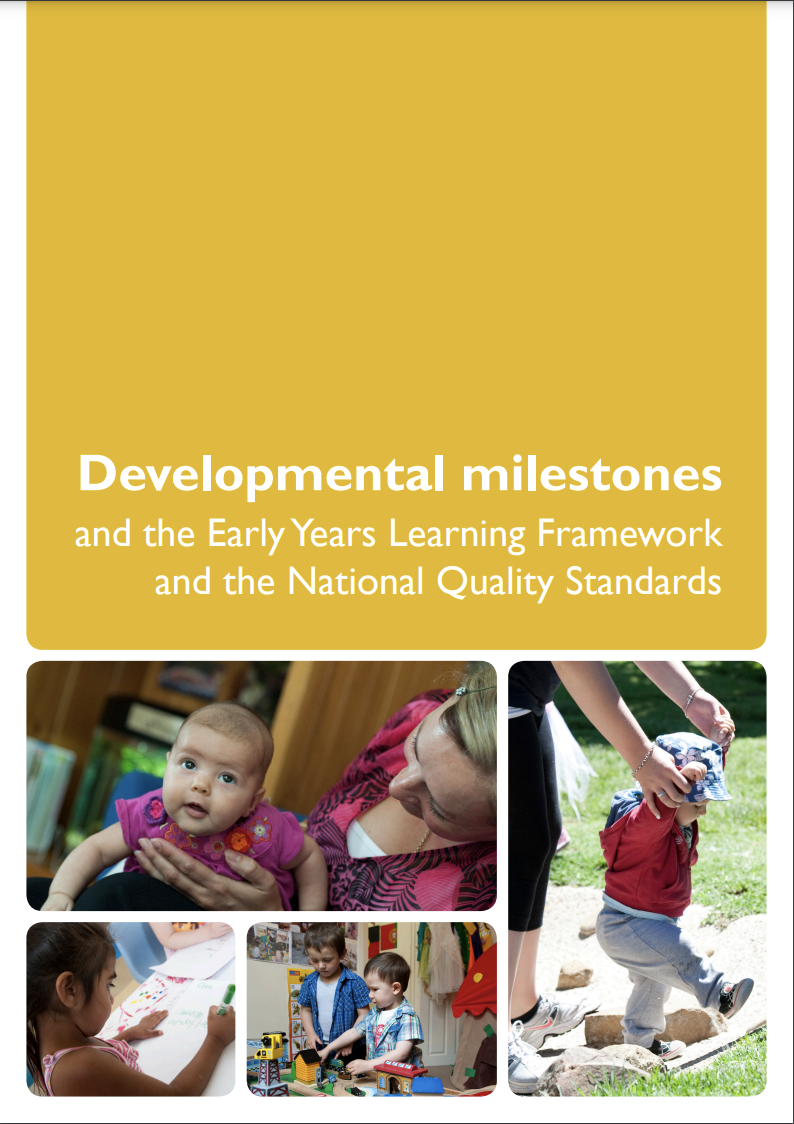
Developmental milestones and the Early Years Learning Framework and the National Quality Standards
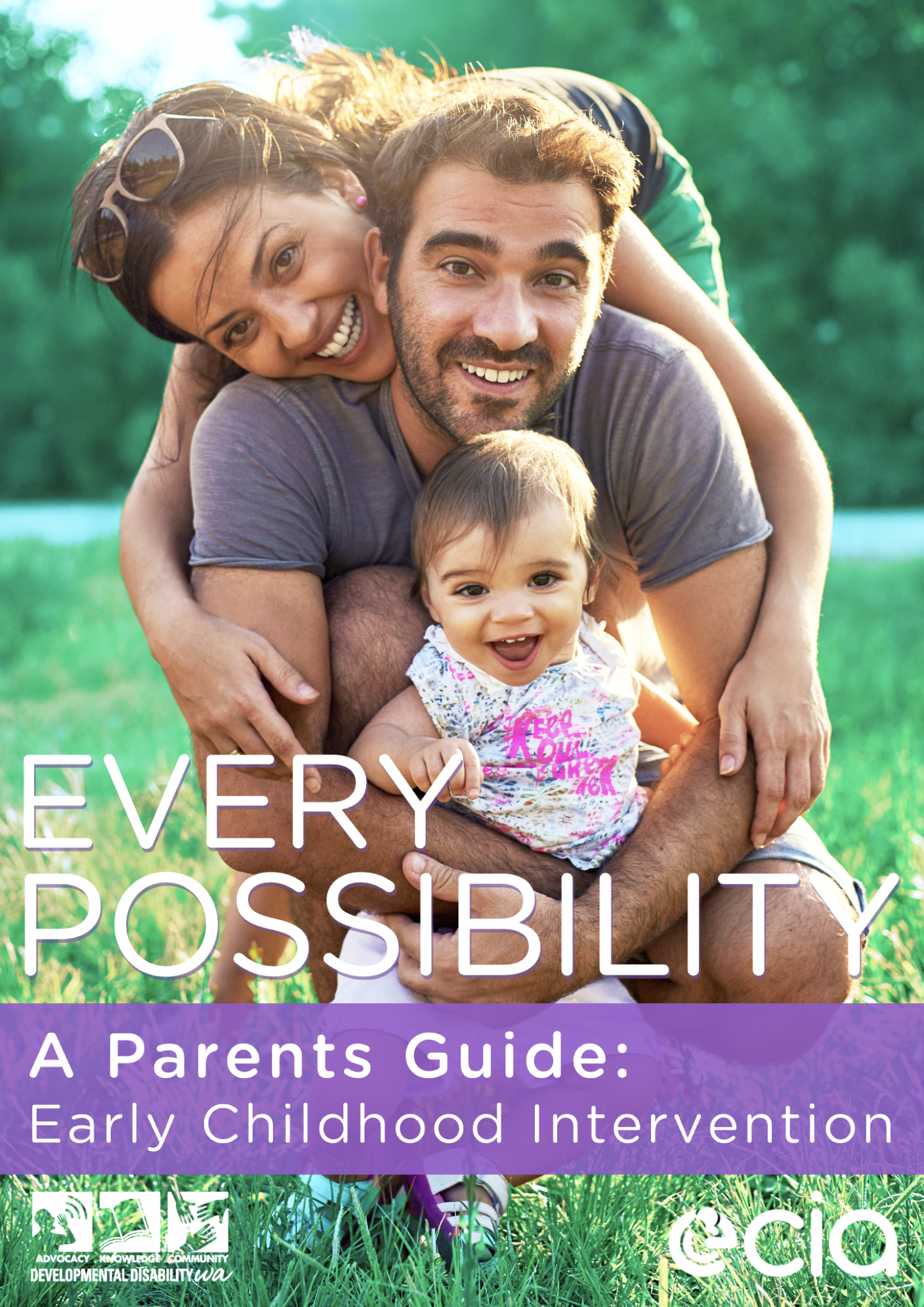
A parent guide by Developmental Disability WA & Early Childhood Intervention Australia (2019) to help get the best out of early childhood therapy support for children with disability, developmental delay, or neurodivergence.
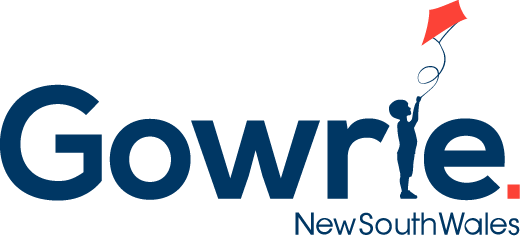
A practical resource from Growrie NSW ‘Thought Leadership’ tols and resources, supporting the importance of observation in the early years.
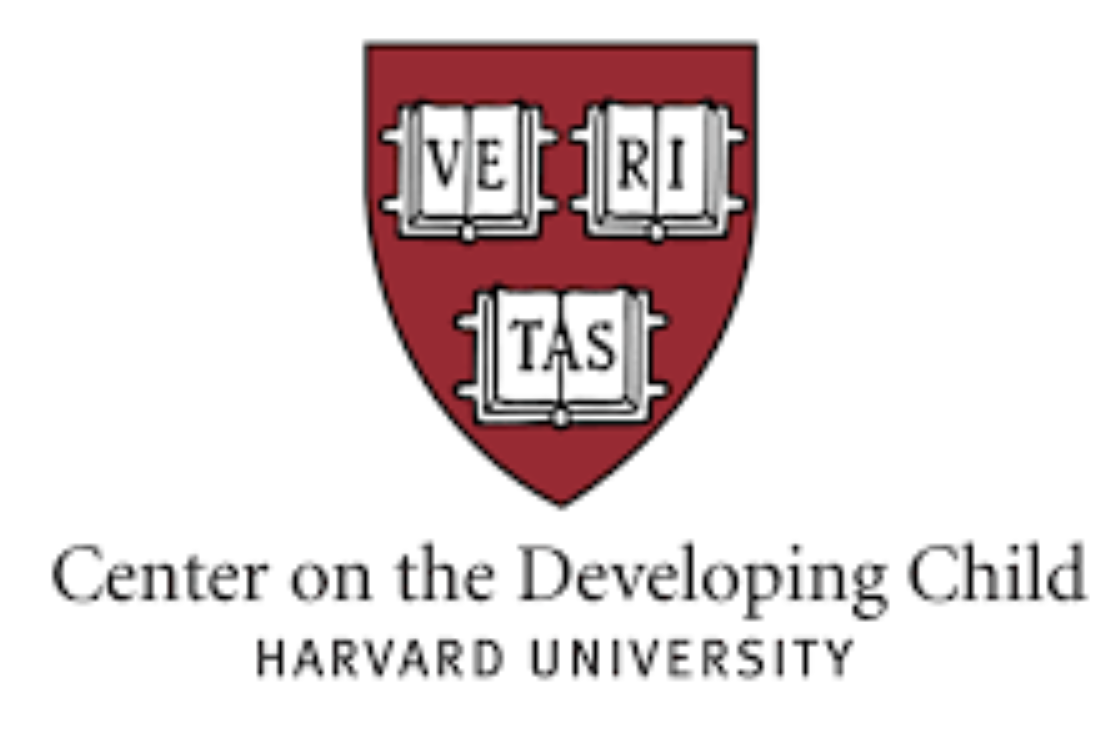
National Scientific Council on the Developing Child (2007). The Timing and Quality of Early Experiences Combine to Shape Brain Architecture: Working Paper #5.
Being trauma-informed means recognising the invisible struggles children and families may carry and ensuring that every interaction promotes safety, trust, and healing.
(Bath, 2008, p. 19).
Access more information on the ChildKind Best Practice Framework with its 10 Ways of Working, 30 Key Competencies and 8 supporting Values and Behaviours here:
